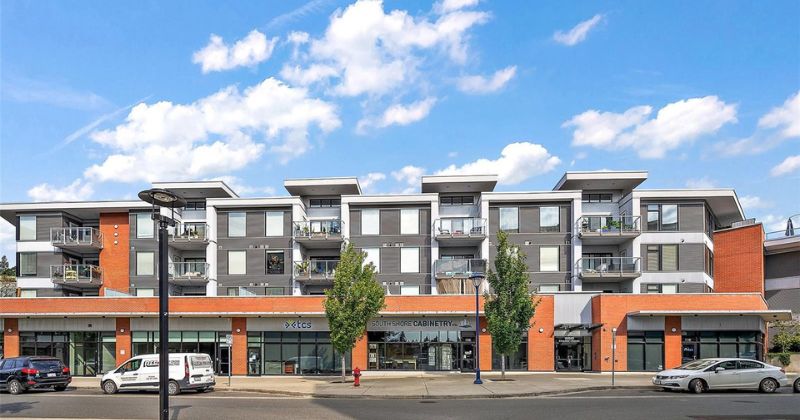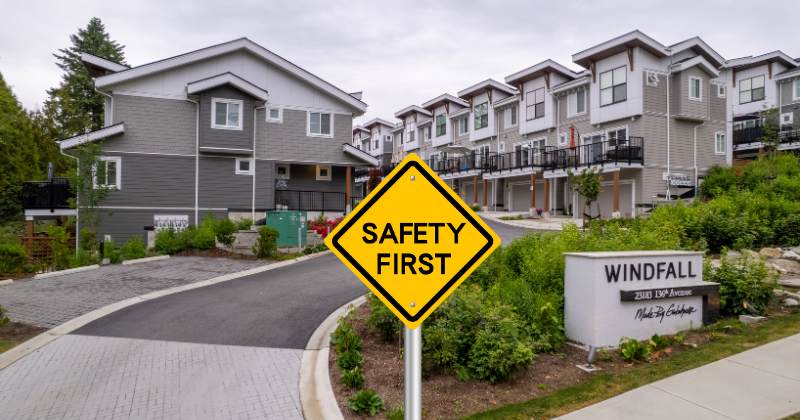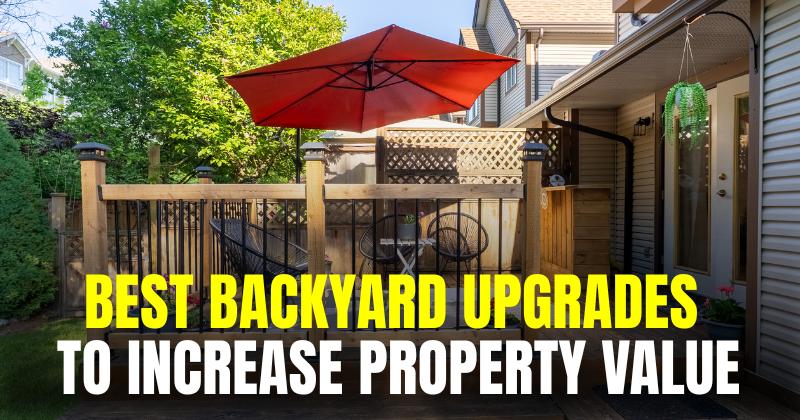Buying a home is more than just finding the right property—it’s about choosing the right community for your lifestyle. In a diverse city like Surrey, BC, every neighbourhood offers something unique, from bustling urban hubs to quiet, family-friendly suburbs.
Before making an offer, you should carefully research the neighborhood’s safety, schools, amenities, and future growth potential. Here’s a comprehensive guide to help you evaluate Surrey’s communities and make the best decision.
🏘️ 1. Explore the Neighbourhood in Person
Start by visiting the area at different times of the day:
Check traffic flow during rush hours
Walk around to get a feel for the community vibe
Observe noise levels, street lighting, and overall upkeep
You’ll quickly sense if the neighbourhood matches your lifestyle.
📚 2. Evaluate Local Schools
If you have kids—or plan to—schools are one of the most critical factors in your decision. Surrey is known for its high-quality education system, but school ratings vary by area.
Use the Fraser Institute School Rankings to compare schools
Check the Surrey School District website for catchment zones
Visit schools and speak to parents in the community
Top-rated areas for families include Fleetwood, South Surrey, and Cloverdale.
🔍 3. Check Neighbourhood Safety
Safety plays a huge role in property value and quality of life.
Use RCMP Surrey Crime Map to see reported incidents
Talk to neighbours about their experiences
Check if the area has active neighbourhood watch programs
For safer and family-friendly options, consider areas like Grandview Heights, Clayton Heights, and Fraser Heights.
🛍️ 4. Look Into Amenities and Lifestyle
A good neighbourhood isn’t just about the home—it’s about what’s nearby:
Grocery stores, shopping centres, and entertainment
Parks, trails, and recreation facilities
Access to public transit and SkyTrain stations
For example:
Surrey City Centre offers an urban lifestyle with transit and shopping.
South Surrey provides easy access to beaches, golf courses, and upscale retail.
🏗️ 5. Research Future Developments
Surrey is one of Canada’s fastest-growing cities, and upcoming projects can significantly impact property values.
Check the City of Surrey Planning & Development website
Look for new SkyTrain extensions, shopping centres, and infrastructure upgrades
Understand zoning changes that could affect the neighbourhood vibe
For example, the Surrey-Langley SkyTrain extension will likely boost demand in Fleetwood, Clayton Heights, and Fraser Highway corridor areas.
💰 6. Compare Property Values & Market Trends
Understanding pricing trends can help you avoid overpaying or missing out on growth opportunities:
Use tools like Realtor[dot]ca and BC Assessment
Review recent sales data with your realtor
Analyze whether the area is in a buyer’s or seller’s market
✅ Final Thoughts
Choosing the right neighbourhood in Surrey is just as important as finding the right home. By researching safety, schools, amenities, transit, and future developments, you can make a confident and informed decision.
At Future Assets Group, we specialize in helping buyers assess Surrey’s top neighbourhoods and secure properties that perfectly match their lifestyle and budget.
📞 Thinking of buying in Surrey? Contact us for a free consultation and personalized neighbourhood insights.
%20(1)%20(1)%20(1).png)
%20(1).png)











